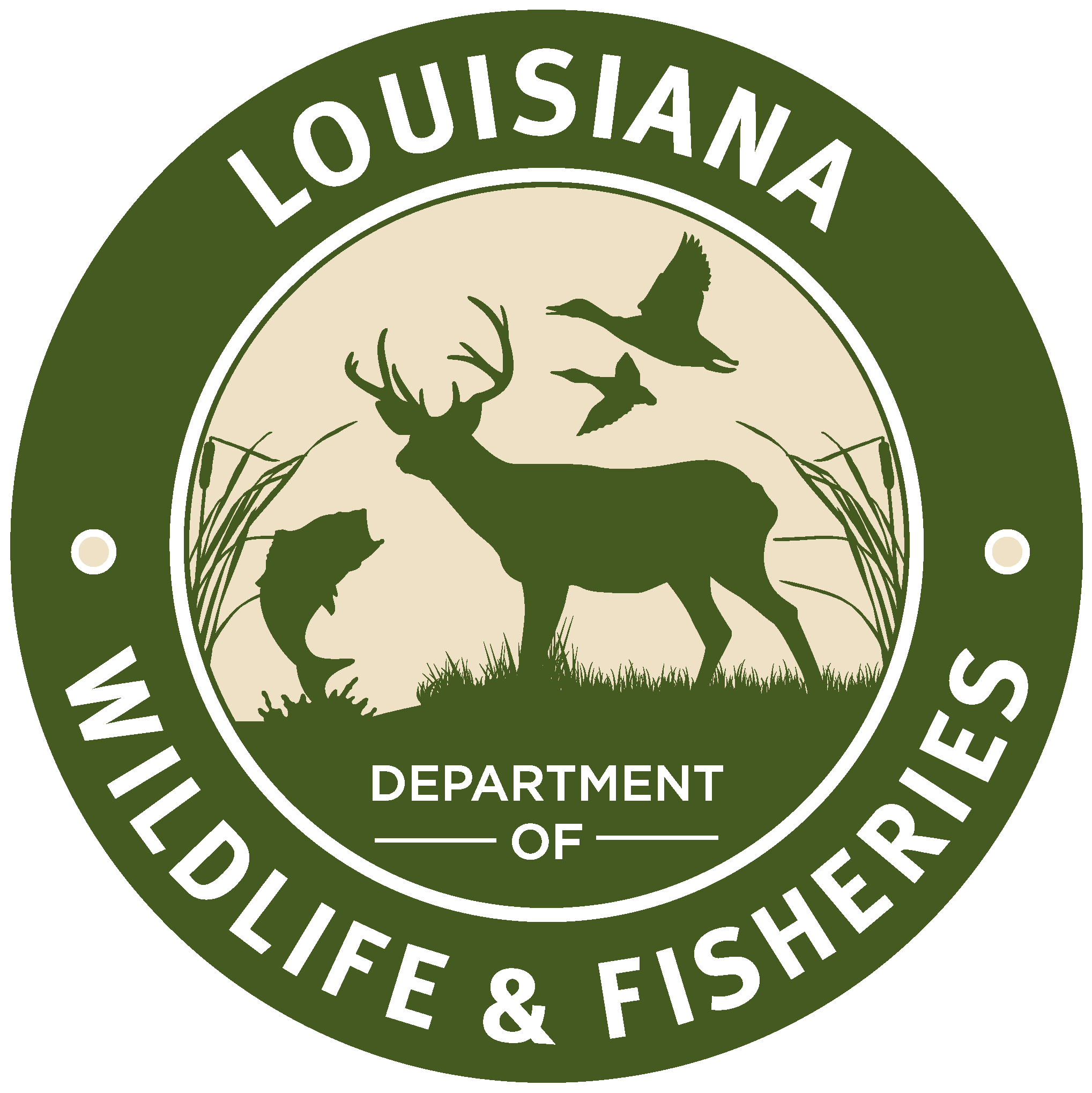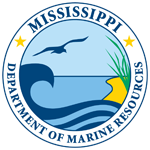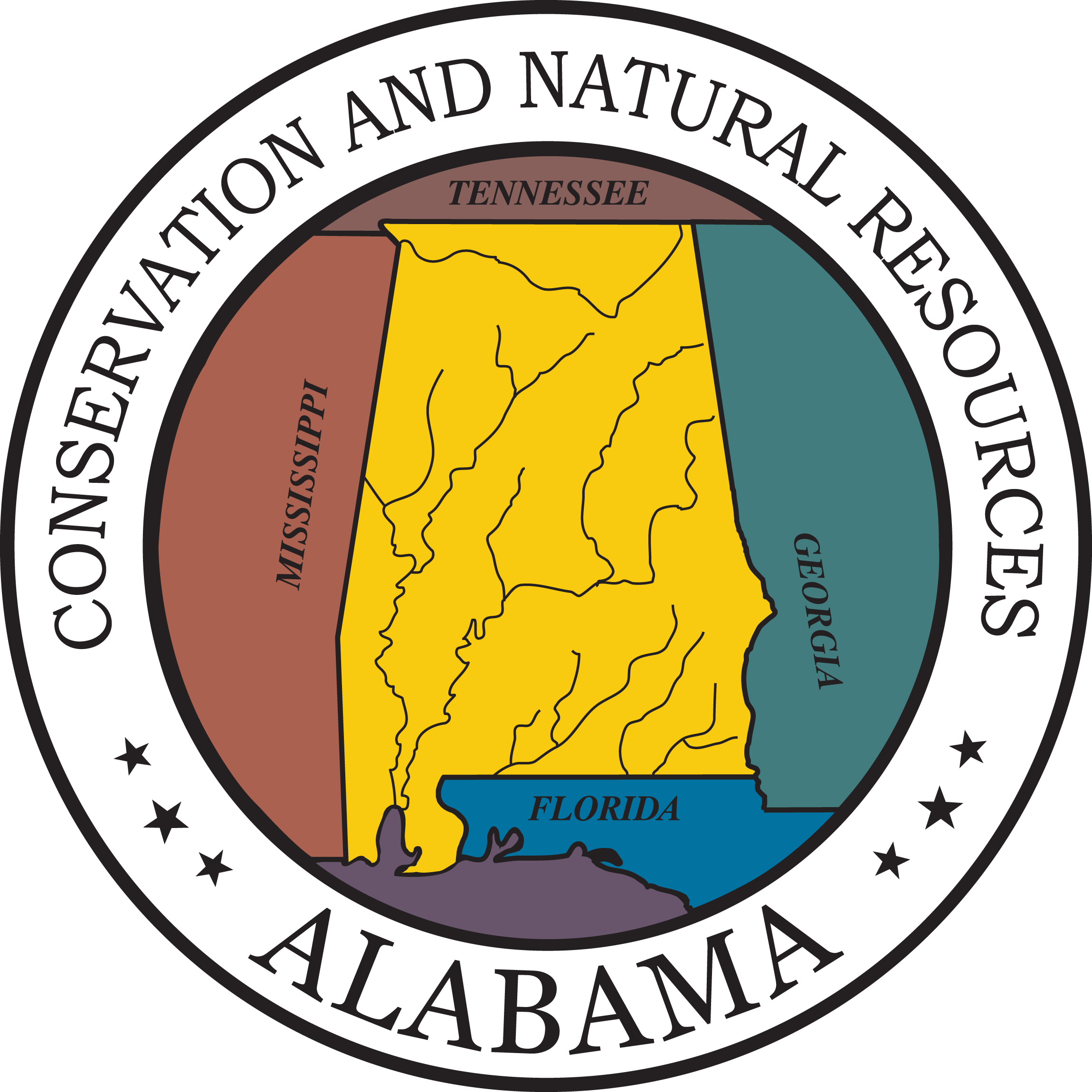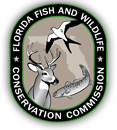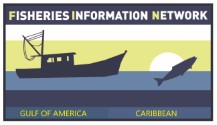
Confidentiality FAQ
How do I know if data abide by the rules?
When data can be traced back to a single trip or a single harvester (even when it is implicit), data should be pooled for presentation purposes. See "How should I present confidential data" section for suggestions on pooling/combining data to meet confidentiality requirements.
In some cases, annual summary by state and species may still be confidential because only one or two dealers process the catch. Alternatively, if there is only one known harvester in a state, the harvester's identity is implicit and those data are confidential.
For example:
Someone is presenting on the total landings of deepwater catshark for 2005. The presenter would need to be aware that if less than three dealers purchased catshark for that year then it is a violation of the fisheries rule of three to show any totals of landings. Or, if less than three fishermen catch and land catshark then it is a violation of the fisheries rule of three to show any totals of landings.
Are the data with unknown participants confidential?
If the fishery participants are unknown (i.e. the identities of the dealer or fisherman were never reported or otherwise are not included in the data), there must be at least 3 records included for data summaries to be considered non-confidential.
What is the benefit to having confidential data access?
Many requests for information can be answered using the non-confidential views such as landings by species, state, and year. However, some analyses (such as stock assessments) require more detailed information than can be obtained from the non-confidential views. In those cases, access to confidential data becomes necessary as either an ongoing need or a custom data request.
Once an individual has access to the confidential queries in GulfFIN, their access and the results of their queries are limited to the program partners with approved access. For example, if data for the deepwater catshark was collected by NMFS, Florida, and Alabama, an individual would need permission to see the data from all three partners. If the user only has access to NOAA Fisheries and Florida then the data from Alabama would not be presented in the results of the query. Therefore individuals will only see complete data if you have access to all Program Partners with data in which you are interested. You may need to inquire via email to GulfFINSupport@gsmfc.org to determine which partners have collected the data relevant to your needs.
How should I present confidential data?
Confidential data can only be disclosed to or accessed by authorized users. You should be aware of the authorization privileges of those to whom you are presenting data. It is the sole responsibility of the person extracting confidential data from GulfFIN to ensure that confidential data are not disclosed via presentation, publication, or other distribution. Users will be held accountable for any violations by the partner granting access.
- Sensitive data are not to be released to the public.
- Be aware that simply removing participant (dealer, fisherman, and vessel) name is not sufficient to ensure confidentiality of GulfFIN data.
- Pooling may be done across years or states to best fit the intended presentation or analysis (e.g. group several states (3 or more) when one state has only one harvester).
- Alternatively, data cells with confidential information can be removed and the totals adjusted downward for presentation to ensure the confidential data cannot be determined by subtraction.
What happens if confidential data are released?
GulfFIN acts as the stewards of the data owned by the program partners. Therefore the confidentiality laws, rules, and regulations of the partner agency that originally collected the data apply and shall prevail.
If confidential data are released, GulfFIN will immediately revoke data access; and the security contacts of each program partner to which you have access will be notified. Program Partners will evaluate the information and provide appropriate course of action.
Each program partner of the GulfFIN may have its own civil and criminal penalties for unauthorized disclosure, misuse, or other violations of the confidentiality of fisheries data. Examples of partners with additional regulations and penalties:
- NOAA Fisheries: The Trade Secrets Act states that any person disclosing confidential data "…shall be fined up to $1,000 under this title, or imprisoned not more than one year, or both…"

